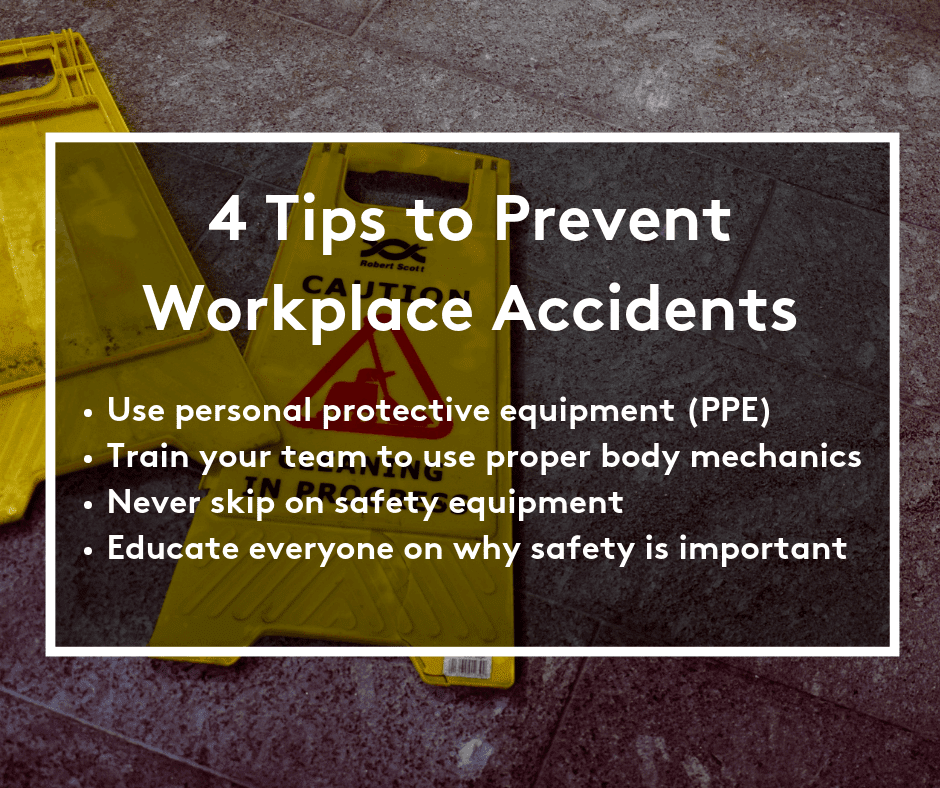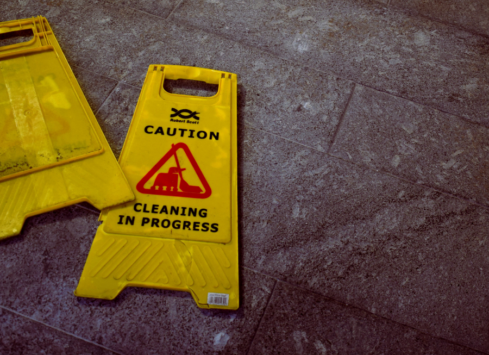Creating a Culture of Safety
By Skip Ray, Compass Corporate Safety Director
As our Corporate Safety Manager, my number one goal is the safety and welfare of each and every associate employed by this great company. Creating a culture of safety really comes down to three things:
- Safe work habits
- Empowered managers
- Being realistic
Safe Work Habits
Remember these words: smooth is fast.
When I was in the U.S. Marine Corps, I was taught to quickly draw my pistol from the hip and hit my target. At first, it wasn’t easy. On the command to draw, I would reach down as fast as I could to unbuckle my holster, pull out the pistol and start firing.
But often all I hit were the mounds of dirt in front of the target. Our instructor taught us another approach, he called “smooth is fast.” Instead of trying to do everything at the speed of light, he showed us to reach down calmly, unbuckle our holsters, smoothly pull out our pistol, rotate it and begin firing. By slowing down just a little bit, we hit our targets instead of ant hills.
The idea of slowing down to speed up also applies to all of our associates today.
Think about a kitchen associate carrying a tray of baked chicken legs. The associate wants to get to her destination quickly, so the food stays fresh. But as she’s walking through the kitchen, all her teammates are also busy doing their jobs, likely paying little attention to the hot tray she’s carrying. If she were to move too quickly, with little regard for others, she could drop the tray spilling grease on the floor, herself and others. Greasy floors can cause serious slip-and-fall injuries and grease burns are extremely painful.
The lesson? The faster we work, the easier it is to make mistakes, and the more shortcuts we take, the chances of getting injured go up. When you slow down just a little bit, you make less errors, avoid injuries and actually get the job done quicker.

Developing safe work habits like “smooth is fast” helps all of us create a culture of safety. To establish that culture, everyone needs to realize the potential consequences of our actions, or lack of action.
Much like putting on a seat belt once we get in a car, we want safety to be an automatic part of our daily lives. When you know you are about to reach for a knife, the immediate reaction should be to put on cut-resistant gloves. Without thinking about it or being told, you just automatically do it.

Empowered Managers
Managers play a critical role in setting the tone for safety issues. They should regularly discuss safety with their teams, and their actions should reinforce any directives to keep it at the forefront of our daily operations.
Consider this scenario: If an associate carrying a bowl of lettuce drops a couple of pieces on the floor, do they keep walking or stop and pick up the slippery scraps? We want the associate to stop and pick it up, even if it means they take an extra 30 seconds to deliver that bowl of lettuce. It’s just as important that the management team encourages safety by allowing the delivery to be 30 seconds late.
I also urge all managers to correct any unsafe conditions, even if it makes you late for a meeting. If a manager doesn’t correct an associate’s risky actions, the message is clear: I don’t care about your safety, I care about you getting the job done. That’s a failure of leadership.
We also encourage our managers to take a safety break about 30 minutes before breakfast and lunch service. Letting our associates know they need to focus on excellent service, great food and safety during busy periods helps all of us. It’s a good time to take a couple deep breaths and refocus on safety issues.

Read more in my last post, Four Safety Tips Every Manager Should Know to Improve Workplace Safety.
Be Realistic
I’m a realist; no company will ever have an incident-free year. Making simple changes every day will help gradually reduce injuries. If more chefs always wear cut-resistant gloves and other kitchen associates use oven mitts instead of towels to pull hot trays from ovens, it will make a significant impact.
Safety isn’t something that should be rushed or forced. Instead, it’s a piece of organizational culture that can be nurtured by encouraging employees to exercise safe habits (like “smooth is fast”), empowering managers to take care of their staff and setting realistic expectations.
Join the Morrison Family
Morrison is a Compass One Healthcare operating division within Compass Group and has more than 1,200 registered dietitians, 300 executive chefs, and 20,000 professional food service team members. Apply for team member or management positions in one of the best companies to work for today.


